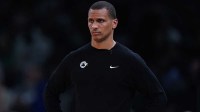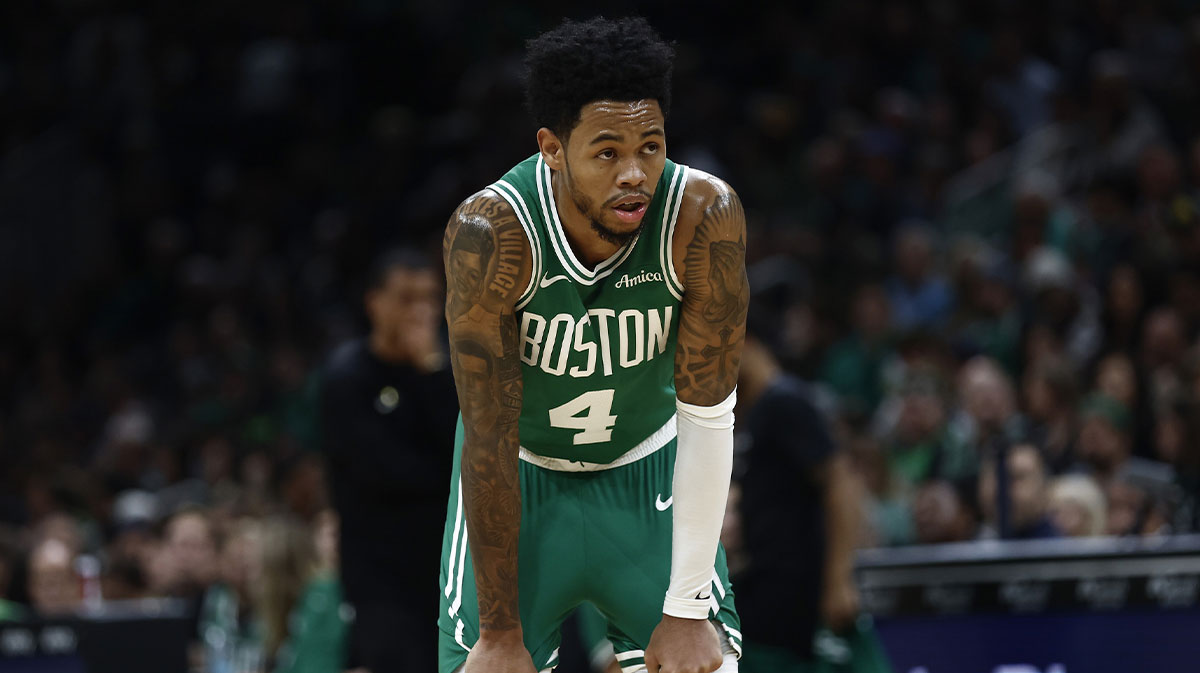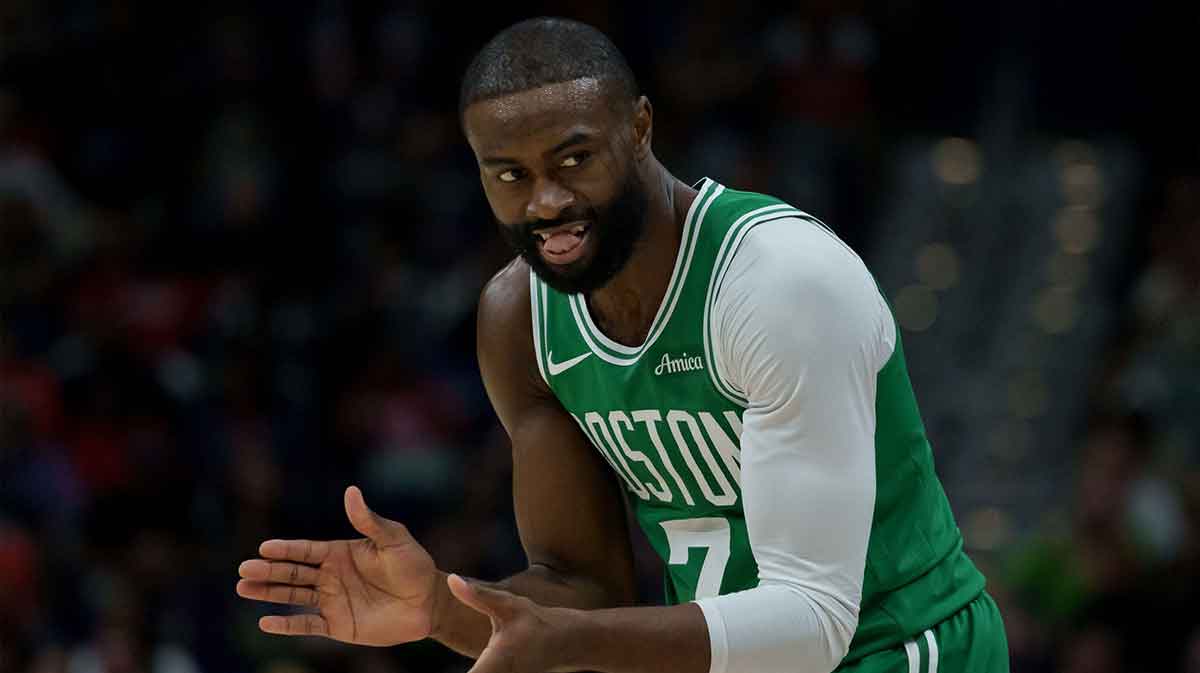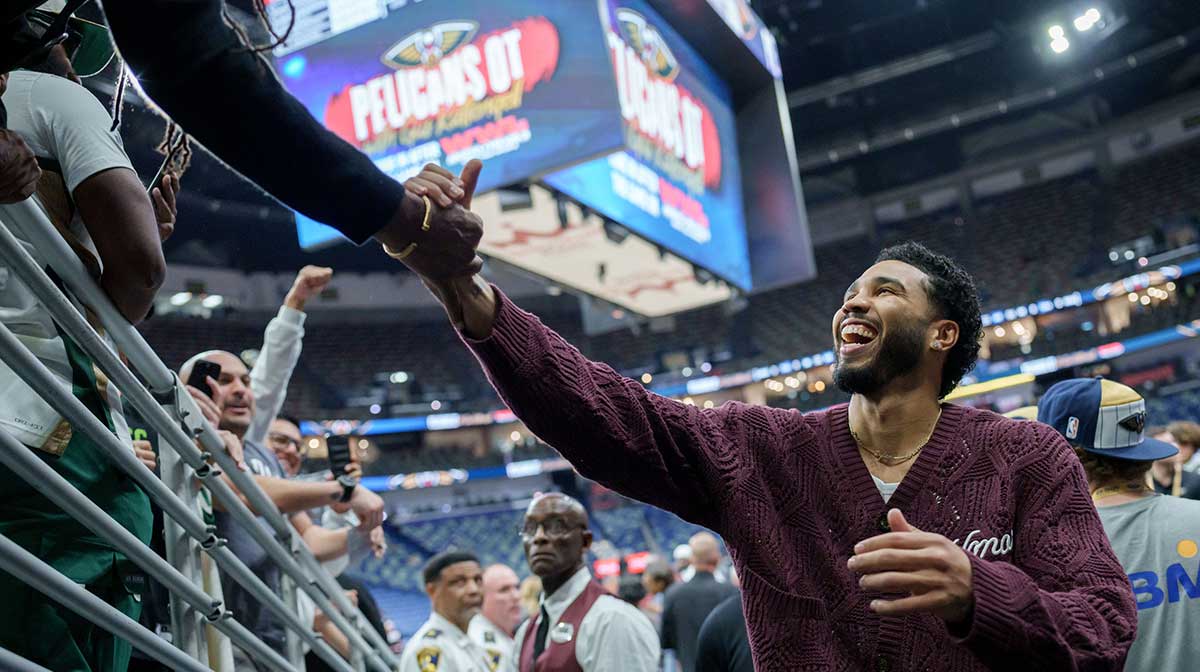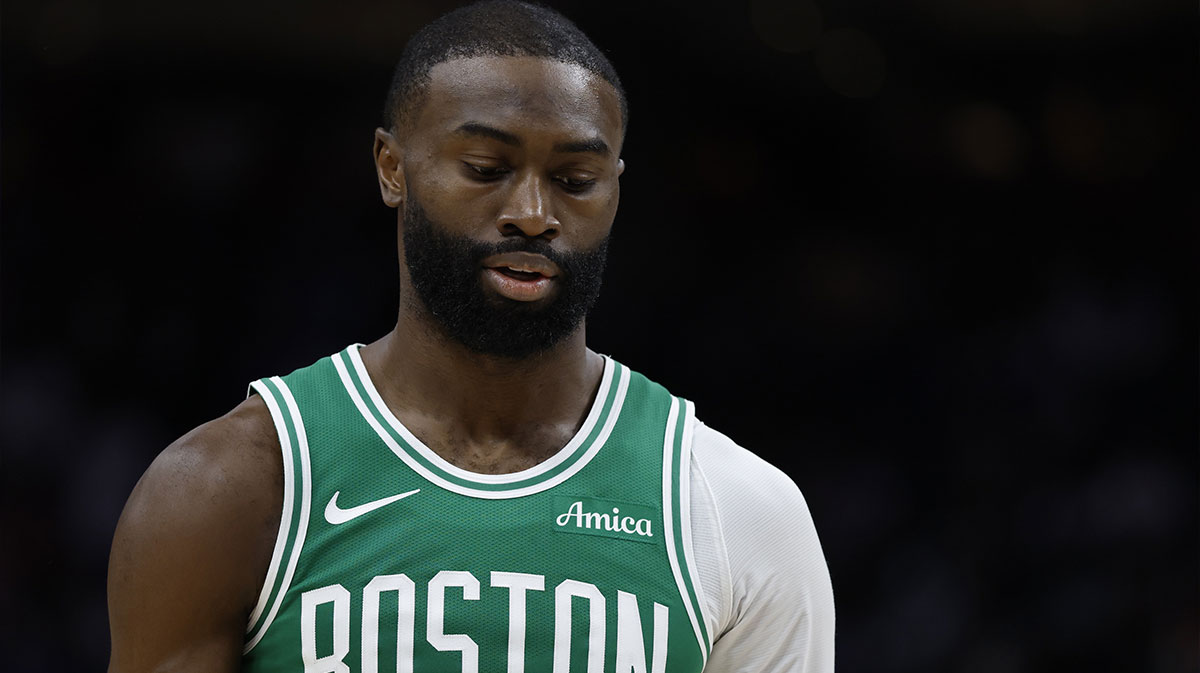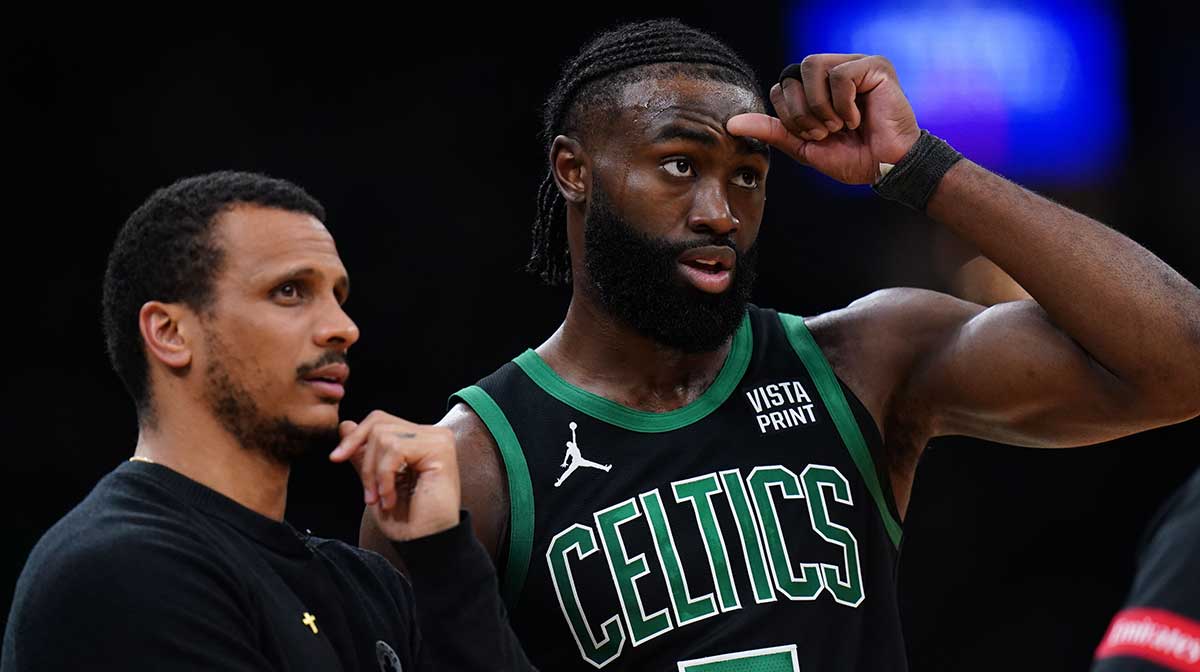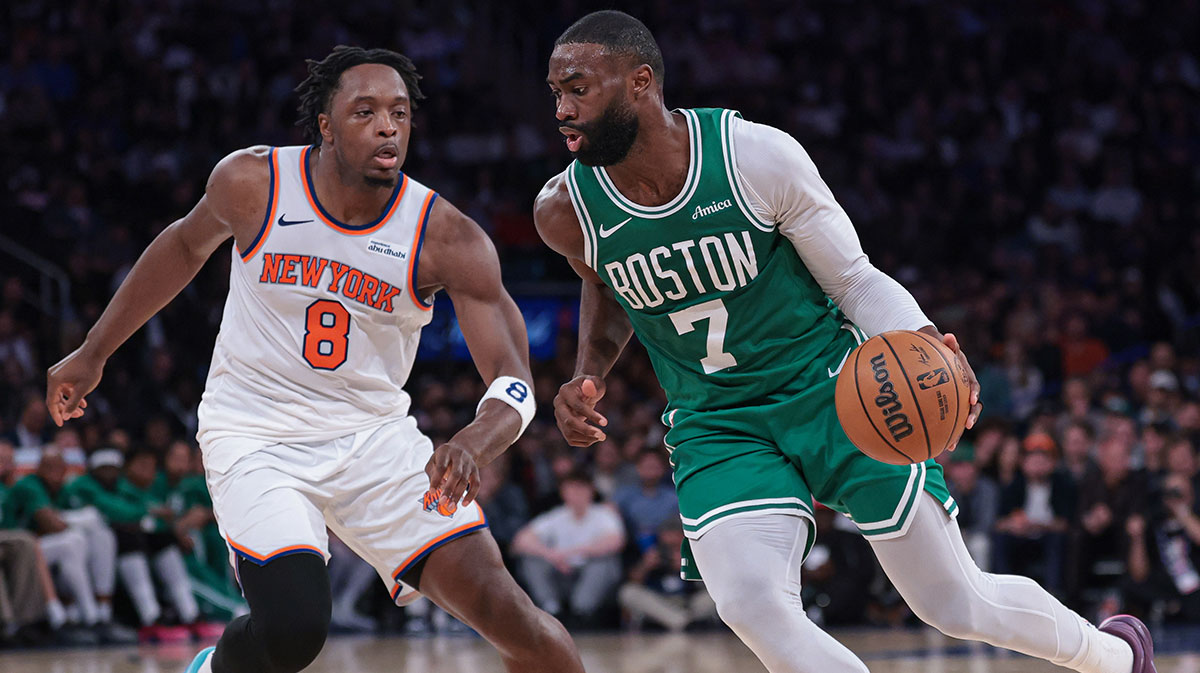Gordon Hayward's season-high mirage against the Minnesota Timberwolves welcomed the new year with a 35-point awakening, bringing the Boston Celtics reasons to believe they could turn the corner in the second half of the season.
The next three games, though wins, resembled a milder Hayward, scoring 16, 12 and 14 points, respectively, through games won by 20 or more, leaving the door open for a better performance when the chips are down.
Those performances never came, as Hayward followed with six, eight and three points in each of the next three games — all losses on the road to Miami, Orlando and Brooklyn, respectively.
“There have been some low moments,” Hayward told Yaron Weitzman of Bleacher Report before a team practice in Brooklyn.
Hayward's hesitation is palpable, no longer attacking the hole or confidently rising up when his shot could be heavily contested. A shell of the All-Star he was during his last season with the Utah Jazz, Hayward's recovery process has taken up a large part of the season, forcing head coach Brad Stevens to slot him into a bench spot, only to see the occasional flash of brilliance.
“I think most of that is probably from a lack of confidence in going to the basket and challenging bigs — especially at the beginning of the year,” Hayward said. “I think that's the last part that's not all the way back yet.
“Moving horizontally, I'm definitely starting to feel like I felt a couple years ago, but vertically I'm still not as confident as I want to be, and I think some of that is a deterrent when I go to the rim.”
To his defense, his injury was excruciating to watch, scarring even. But the season is hinging on his recovery and the return to his former self, as the Celtics happily doled out a four-year, $128 million deal, now potentially squandering half of it as they have yet to get what they paid for over the summer of 2017.



